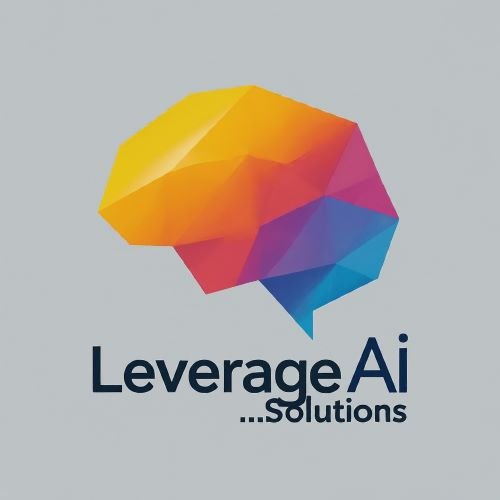You can use AI to generate fake receipts Viral post shows hyper-realistic restaurant bill sparks debate
Hindustan Times
AI Technology Sparks Controversy Over Fake Receipts
A recent viral post has ignited discussions surrounding the use of artificial intelligence (AI) in generating hyper-realistic restaurant bills. The post showcases a meticulously crafted receipt that appears indistinguishable from genuine ones, raising ethical concerns about the implications of such technology.
In an era where AI is becoming increasingly sophisticated, the ability to create realistic documents like receipts has both practical and nefarious applications. While some individuals may see this as a harmless novelty or a tool for creative expression, others warn of the potential for misuse, particularly in fraudulent activities.
The Rise of AI-Generated Content
The emergence of AI tools capable of generating text, images, and even audio has transformed numerous industries, from marketing to entertainment. However, the capacity to produce convincing fake documents poses unique challenges. Cybersecurity experts emphasize the need for vigilance against the potential for scams and identity theft, as scammers could easily leverage such technology to create fake invoices or receipts that deceive consumers and businesses alike.
Ethical Implications and Responsibilities
The debate surrounding AI-generated content raises important ethical questions. Developers and users of AI technologies must consider the ramifications of their creations. The line between innovation and deception blurs when tools designed for legitimate purposes can also facilitate fraud. This calls for a collective responsibility among technology creators, legislators, and users to establish guidelines that mitigate misuse while promoting positive applications of AI.
Potential Solutions and Safeguards
As the technology continues to evolve, several solutions may help address the concerns associated with AI-generated documents. Implementing stringent regulations on the use of AI for creating official documents could deter malicious activities. Additionally, enhancing digital literacy among the public can empower individuals to recognize and report suspicious content.
Furthermore, businesses might adopt advanced verification systems to authenticate receipts and invoices, ensuring that transactions are legitimate. By leveraging blockchain technology, for instance, companies can create immutable records that are difficult to forge, thus safeguarding against fraudulent claims.
Conclusion
The viral post highlighting AI-generated restaurant receipts serves as a reminder of the dual-edged nature of technological advancements. While AI has the potential to enhance creativity and efficiency, it also necessitates a careful consideration of its ethical implications. As society navigates this rapidly changing landscape, fostering a culture of responsibility and awareness will be crucial in harnessing the benefits of AI while minimizing its risks.
